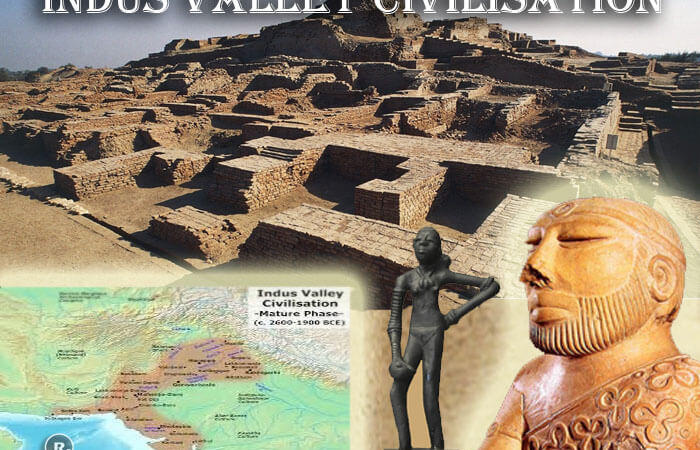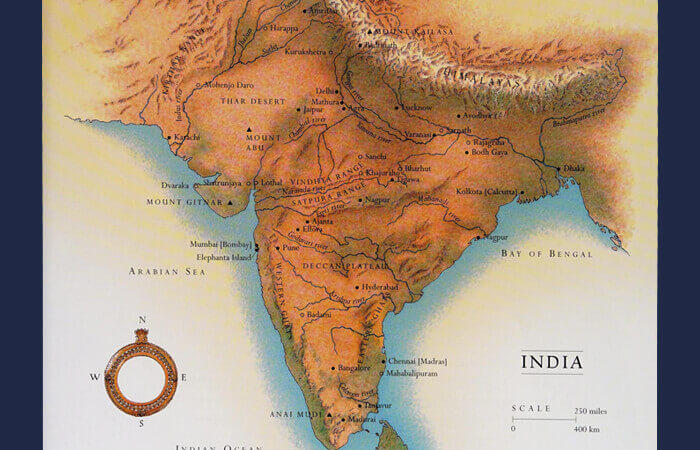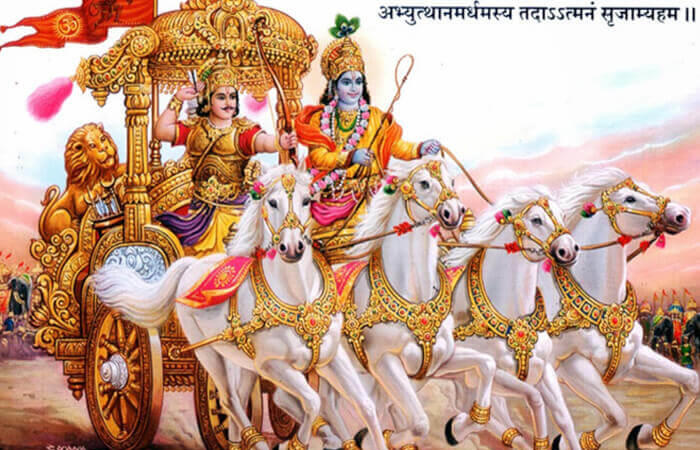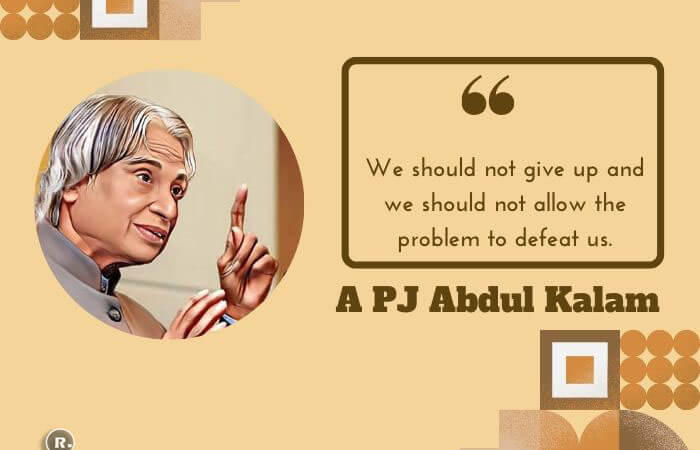Why We Celebrate Republic Day?
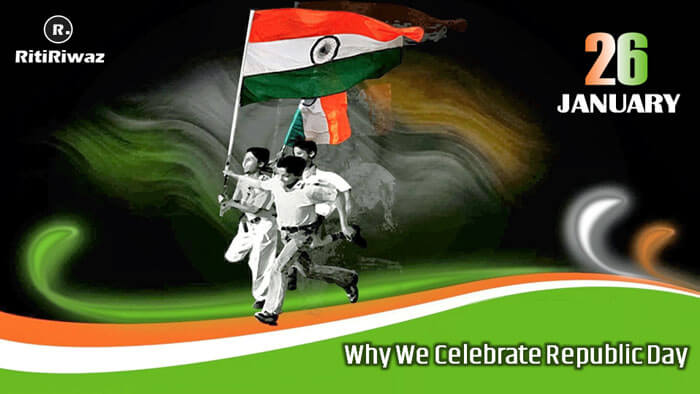
Republic Day is celebrated every year on 26th January as a national festival and is an important landmark in Indian history. This is a national holiday in India, and is a day for great celebration over the adoption of its new constitution in 1950 – making it a republic at last!
Our Constitution came into force on this day. Dr. B. R. Ambedkar prepared the detailed Constitution of India in exactly two years, 11 months, and 18 days. People celebrate the happiness on Republic Day, send Republic Day greetings to their relatives. India is going to celebrate 73rd Republic Day this year 2022.
On this day in 1950, India Government discarded monarchy and became a democracy. Important government laws and acts were laid down on this day and hence it also marks a day of pride for every Indian. It gave power to Indians to elect their own representative and run a democratic government. India was declared a sovereign, socialist, secular, democratic republic and the Constitution assured the citizens of India justice, equality, and liberty.
History of 26th January
When India became independent, the Constituent Assembly was announced and the work of the constitution started on 9 December 1947, after which this constitution was adopted by the Constituent Assembly on 26 November 1949. Among the framers of the Constitution, Dr. Bhimrao Ambedkar was the Speaker, while Jawaharlal Nehru, Dr. Rajendra Prasad, Sardar Vallabhbhai Patel, Maulana Abul Kalam Azad were all prominent members of this House. The Constitution of India was enacted in about 2 years, 11 months, and 18 days.
After independence, India was still a constitutional monarchy under King George VI, and we were still running under the laws set by the British government. We didn’t have the right to elect and run our Government and the laws we still based on the colonial Government of India Act of 1935. It was only after we adopted our constitution we turned into a democracy with our own set of laws. The drafting committee headed by Dr. B.R Ambedkar worked vigorously for months until our first draft of the Constitution was submitted to the Assembly, which took over two years to be adopted as the Constitution.
The Indian Constitution was formed and agreed upon on November 26, 1949, but it was adopted on 26th January 1950, because the Indian leaders want 26th January to be remembered in history as it was the day when Bhagat Singh and a few other freedom fighters came up with the concept of ‘Purna Swaraj’ i.e. complete freedom, it captured the attention and interest of the leading freedom fighters like Jawaharlal Nehru.
It was on 26th January 1950 when the Indian government became a distinct entity and came out of the shadow of the British government, the citizens of India officially gained the power to live independently and help govern their own country.
Suggested Read: Inspirational Quotes on Republic Day by famous personalities

The preamble to the Constitution of India is a brief introductory statement that sets out the guiding purpose, principles, and philosophy of the constitution.
Fundamental Duties of every citizen of India
In The Constitution of India book published and accepted by the first parliament of India on 26th of January 1950, under Article 51A, it’s been duly pointed out that it shall be the duty of every citizen of India. Showing respect for the National Flag and National Anthem is a Fundamental Duty of every Indian citizen. Eleven Fundamental Duties for citizens as given in the Indian Constitution are:
1. To abide by and respect the constitution, the national flag, and national anthem.
2. To cherish and follow the noble ideas of the freedom struggle.
3. To uphold and protect the sovereignty, unity, and integrity of India.
4. To defend the country and render national service when required.
5. To promote common brotherhood and establish the dignity of women.
6. To preserve the rich heritage of the nation’s composite culture.
7. To protect and improve the natural environment.
8. To develop scientific temper, humanism, and spirit of inquiry.
9. To safeguard public property and abjure violence.
10. To strive for excellence in all spheres of individual and collective activity.
11. It shall be the duty of every citizen of India who is a parent or guardian to provide an opportunity for education to his child or as the case may be, ward between the age of 6 and 14 (added by 86th amendment act, 2002).
Suggested Read: Facts About Republic Day
Difference between Republic Day and Independence Day
On August 15, 1947 out country won its independence from British rule. However, it took us 2 years to properly define the country of India and the rules that the government must follow. Until 26th January we were independent, but still a constitutional monarchy under King George VI. It was only after 26th January 1950, when our constitution was adopted and we turned into a democracy with our own set of laws. Independence day is about simplicity and happiness about the past, while Republic Day is about its honor, pride, and a glimpse of its bright future.
A grand Republic Day parade is organized at Rajpath in New Delhi, which mainly represents the diverse cultural heritage of our country and also the competency of the Indian military. It was on this day when India emerged as the largest democratic nation, along with the longest written constitution.

